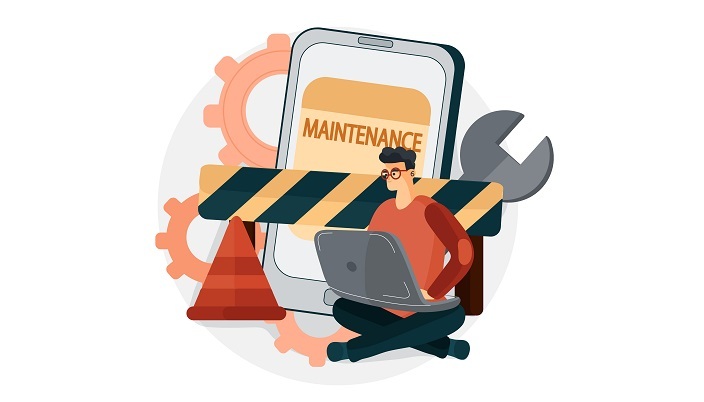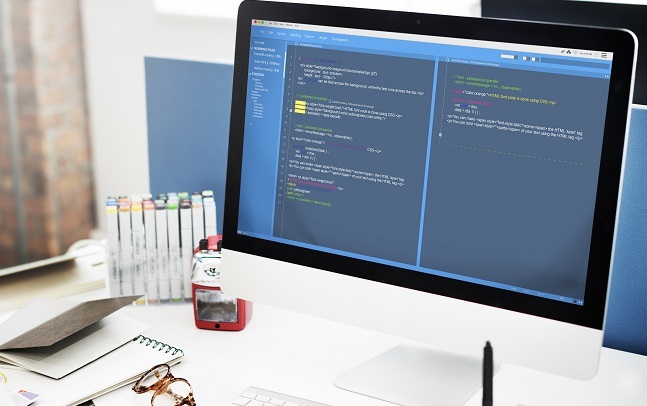
 Data Structure
Data Structure Networking
Networking RDBMS
RDBMS Operating System
Operating System Java
Java MS Excel
MS Excel iOS
iOS HTML
HTML CSS
CSS Android
Android Python
Python C Programming
C Programming C++
C++ C#
C# MongoDB
MongoDB MySQL
MySQL Javascript
Javascript PHP
PHP
- Selected Reading
- UPSC IAS Exams Notes
- Developer's Best Practices
- Questions and Answers
- Effective Resume Writing
- HR Interview Questions
- Computer Glossary
- Who is Who
What is the full form of GNU?
Introduction
GNU's Not Unix (GNU) is a variety of software is included in the GNU project, including the GNU Compiler Collection (GCC), the GNU Debugger (GDB), the GNU C Library (glibc), and several more crucial tools for software development.

The GNU General Public License (GPL), which guarantees that anybody is free to use, modify, and distribute the software, is one of the program's distinguishing characteristics. The GPL must also be used to licence any derivative works of the program, which helps to maintain the product's free and open-source nature.
History of GNU
Richard Stallman started the GNU project in September 1983 with the intention of developing an entirely free and open-source operating system. The majority of software at the time was proprietary, which meant that users had little access to the source code and couldn't change or share it.
At the time, Stallman was employed at the Massachusetts Institute of Technology (MIT), and he was troubled by the limitations that proprietary software imposed on consumers and creators. He thought that software ought to be freely used, modifiable, and shareable by everyone.
Stallman began developing his own free software tools, such as the text editor Emacs and the compiler GCC, to meet this objective. In 1985, he also established the Free Software Foundation (FSF) to promote the creation and dissemination of free software.
The creation of a kernel, the essential element of an operating system that controls system resources and offers a platform for programs to execute on, was one of the largest hurdles the GNU effort had to face. The Linux kernel, which was based on the Unix operating system and distributed under a free software licence, was introduced by Linus Torvalds in 1991.
The GNU project created the entire free operating system known as GNU/Linux by combining the Linux kernel with its own software tools. Millions of people use GNU/Linux now, making it a well-liked substitute for proprietary operating systems. The growth of GNU/Linux and the larger free software movement has contributed to the spread of the open source, collaborative, and community-driven development ideologies in the software industry.
GNU Philosophy and Goals
The GNU project was founded on the principle that software should be freely available for everyone to use, alter, and distribute. The GNU General Public License (GPL), which mandates that any software based on GPL-licensed code must likewise be published under the GPL and made accessible for use, modification, and distribution by others, embodies this principle.
Software for text editing, code compilation, debugging, and many other vital software development activities are among the objectives of the GNU project. The GNU project also aims to stimulate community development, cooperation, and the values of free software. This is mirrored in how the project is structured and run, with an emphasis on open dialogue, honesty, and group decision-making.

The concept that software should not be considered as a commodity but as a public asset that benefits everyone is one of the core tenets of the GNU ideology. This implies that there should be no limitations or obstacles placed on the usage, modification, or distribution of software.
The GNU project also promotes the value of user freedom, which basically implies that users should have the ability to decide what software they use and how to modify it. Proprietary software, on the other hand, often limits users' ability to alter or redistribute the program.
GNU Components and Projects
Many of the projects and software parts that make up the GNU project are crucial tools for software development. Some of the key components and projects include
GNU Compiler Collection (GCC): A collection of compilers for several programming languages, such as C, C++, Fortran, and Ada.
GNU Debugger (GDB) A debugging tool that enables programmers to identify and correct bugs in their code
GNU Binutils A collection of applications for creating and managing executable, object, and library files.
GNU Core Utilities A grouping of fundamental system tools, such as shell programming, text editing, and file management programs.
GNU C Library (glibc) A collection of C programming language routines popular Unix-based operating systems may utilise.
GNU Emacs A strong text editor with many features and support for programming languages.
GNU Make Software projects that are compiled and linked using a build automation tool.
GNU Privacy Guard (GnuPG) A free and open-source version of the OpenPGP protocol, which is used for data encryption and secure communication.
Bash A command-line interface for communicating with the operating system provided by a Unix shell.
GIMP A program for modifying photos that is often used as an open-source substitute for Adobe Photoshop.
Conclusion
In conclusion, Many of the software projects and parts that the GNU project has created are crucial tools for software development. The openness, cooperation, and community- driven development values shown in these tools and initiatives have aided in the promotion of free software and user freedom in the software industry. The GNU project has made a significant contribution to the growth and development of the contemporary software industry overall.
FAQs
Q 1: What is the goal of the GNU project?
A totally free and open-source operating system as well as a vast variety of software tools that may be used for development and other activities are the two main objectives of the GNU project.
Q 2: What are some examples of GNU software components and projects?
GCC, GDB, Binutils, Core Utilities, the C Library, Emacs, Make, Privacy Guard, and Bash are a few examples of GNU software.
Q 3: What is the significance of the GNU project in the software industry?
By supporting the ideas of free and open-source software, user freedom, and community-driven development, the GNU project makes a significant contribution to the growth and evolution of the contemporary software industry. Additionally, it has contributed to the establishment of a more competitive and diversified software ecosystem by offering crucial tools for software development.

